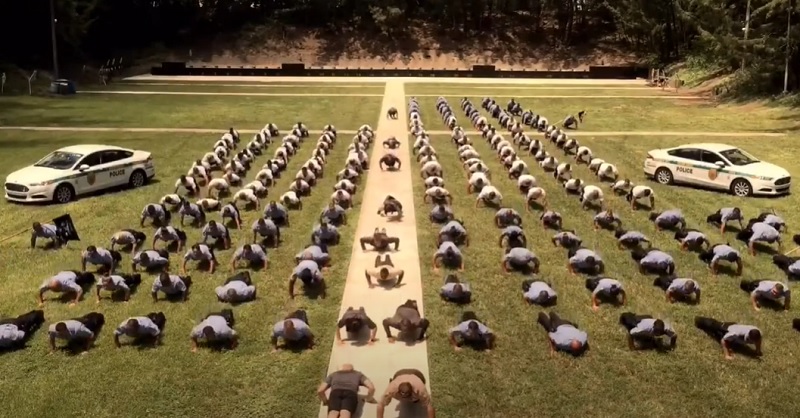
I was fascinated as a teenager with the paranormal. Fortunately, I did not sink into the dark arts and the nefarious spirit world, but the idea of reading minds with extrasensory perception has its appeal.
I was never able to predict the future, but today’s police officers are expected to do just that.
Take the case of two officers who confronted a man in a garage while responding to a disturbance call. The suspect refused to obey the officer’s commands and picked up a hammer, refusing to drop it, and was shot by the officers. They were sued under the premise that the hammer-wielding suspect wasn’t going to hurt them. Apparently, the officers should have entered the suspect’s mind to determine his intent, since the repeated verbal commands and drawn weapons weren’t evidence enough.
What the officers did know was the array of possible outcomes. Would the man throw the hammer to distract or injure the officers? If he were allowed to flee would he have harmed the homeowner or someone else? Would he have traversed the distance between himself and the officers in a matter of seconds and attacked them? (We should note that more murders are committed with a blunt object than with rifles, and twice as many with hands and fists.) Should they have known the outcome and just told the dispatcher they were going to disregard the call and handle the next assignment?
How about the deputy who was suspended for breaking the wrist of an arrestee who was out of his mind on drugs and took multiple officers to control him? Should he have known that the violent man fighting six officers might possibly get hurt in the process of bringing him under control? The critics said the suspect could feel no pain because of his agitation and narcotics, so why use their impact weapon to restrain him? The man didn’t know his own thoughts, but the deputy was supposed to know when the fight would stop? I suppose we need to add x-ray vision to the requirements.
Officers respond to a man with a knife making threats. He runs away from arriving officers, still holding the large knife. The officers make repeated commands but the suspect not only heads away from the officers but toward a convenience store with customers inside. Officers shot the suspect, but not without critics claiming they should have de-escalated him. The critical component of de-escalation is time in a relatively safe space. A man running toward innocent citizens with a big knife immediately after threatening others afforded the officers no time and no safe space.
Once again officers were expected to know what the violent suspect was going to do or not do once cornered inside the convenience store. A protracted hostage situation? The murder of a surprised customer or clerk? A sudden realization that he was doing a bad thing and needed to peacefully surrender? Perhaps the trick of astral projection should have been employed where an officer can separate their consciousness from their physical body and appear inside the convenience store.
Even simple things like stopping a driver for a traffic violation could be simplified with an ESP-gifted officer. No driver would have to ask “Do you know who I am?” because the officer would already know that this person is so important that the laws of physics do not apply to them. Or if the officer knows it’s the driver’s birthday or is late to work or just having a bad day. The officer could telepathically give a verbal warning with an admonition to slow down or get those lights fixed. No contact, no complaint.
Until we can find those paranormally gifted police recruits, the old-fashioned officers must rely on their training and best judgment to deal with danger.